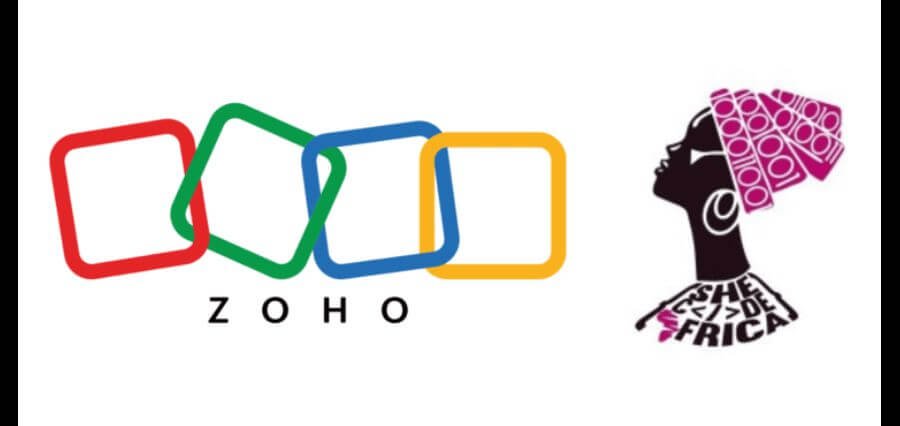More women leaders are becoming efficient managers of multiple responsibilities. This is not just a result of their position but an indication of some specific strengths and approaches that characterize the leadership of women. Women leaders are enabled by a mix of emotional intelligence, teamwork, effective communication, and resilience to grow professionally and personally.
Emotional Strength
One of the most outstanding characteristics of women leaders is their high emotional intelligence. Studies show that women outperform men in this competency, which includes the ability to understand and manage one’s own emotions as well as those of others.
Research from the Hay Group found that this competency helped women navigate complex interpersonal relationships and foster a positive work environment. The ability of the emotional intelligence of women has made them capable of making empathetic decisions that will resonate with their teams so that everyone feels appreciated.
Cooperative Leadership Style
Good Female Leaders also have team-oriented as one of its manifestations. According to the research published by McKinsey, those companies with different sex and gender leaderships increase its chances of going extra over the average of success level in profitability with as high as 25% through various research they also included.
This clearly highlights how diverse thinking shapes various actions taken in companies: More and more women emphasize being teamwork-oriented, drawing multiple input from various participants when needed. This improves teamwork besides increasing innovation ability towards team cohesiveness by handling challenges together with strength.
Effective Communication Skills
One of the very valuable assets of women as leaders is proper communication. A study published by Zenger Folkman reveals that women outperform their male counterparts in leadership efficiency primarily because of their solid communication skills. Women leaders are great communicators because they clearly communicate ideas and are active listeners, thus they are open to team members on all matters.
Such a trait is one of the great factors for establishing a healthy and transparent culture in an organization through efficient communication. It inspires people to speak freely without fearing judgment about their ideas and opinions.
Resilience in the face of difficulties
Resilience is oftentimes cited as an exceptional characteristic of women leaders; it allows women leaders to respond to uncertainties or even shift strategies in adapting to changes. According to Journal of Business and Psychology, it was noted that female leaders were able to display hardy resilience in situations where their counterparts falter. The adaptability on the part of the organisation becomes imperative for organizations where a swift change is constantly felt and observed. To look ahead, women’s leaders may motivate their working team not to fear such change but to be active about it.
Empowerment Through Leadership
The major characteristic of a woman leader is that they are enabling others. Females tend to spend their time mentoring their team members and helping them grow professionally. This not only develops an individual but also builds a robust talent pipeline for the future. Decision-making among gender-diverse teams tends to be of better quality because it aggregates different experiences and perspectives and, hence, more exhaustive risk analyses and innovative answers.
Reflection on Diverse Customer Bases
Women are the majority customers in most sectors. Organisations, therefore, should have women leaders who are aware of and respond to the needs of diverse customer bases. Companies that orient their leadership with the demographic makeup of their customers can fine-tune their products and services better, thus leading to higher customer satisfaction and loyalty. This orientation is strategic in creating a stronger bond with clients.
Organisational Culture Impact
The impact of women in leadership transcends financial performance and fundamentally alters the dynamics of an organization. Women leaders often introduce a collaborative style and a sense of unity between team members, bringing out cooperation and trust levels between colleagues. Diverse teams with female leaders show engagement and satisfaction levels within the employees to be very high.
Women’s empathetic decision-making also results in well-thought-out policies that consider the welfare of all parties involved. This is beneficial to the employees but also impacts communities positively since organizations headed by women are more responsive to social issues.
Challenges Faced by Women Leaders
Despite these strengths, women have significant challenges in the face of gender bias, struggle to balance work and personal life, and pressure of societal expectations. The issue of wage gap is another problem, where studies reveal that women earn approximately 82 cents for every dollar a man earns for similar work. This gap may limit women’s advancement in careers or financial independence.
Most women handle the housework work in addition to the professional job, hence becoming burnt and stressed. For these problems to be eliminated, support policies must be developed that provide a comfortable environment in balancing work life by being flexible on hours of work and providing family-friendly benefits.
Conclusion
It is the unique package of emotional intelligence, teamwork spirit, communication ability, resilience, and an effort to empower women leaders that enables them to juggle multiple responsibilities. They serve to enhance the performances and also contribute a great amount to the success of their organizations.
The increasing diversity in leadership styles and the inclusive environment required to help women grow, become powerful, and thrive at their best points to this. Organizations therefore can now open up all avenues through unlocking the women leaders by offering them means of harmonizing demands that are in line with either work or personal life requirements while at the same time inspiring other leaders.





